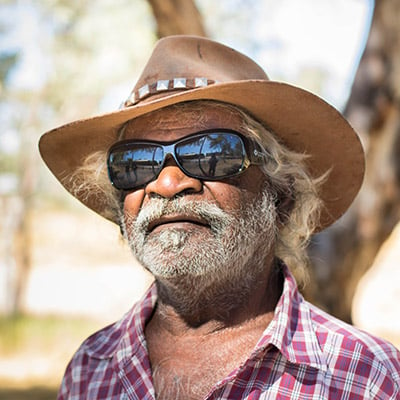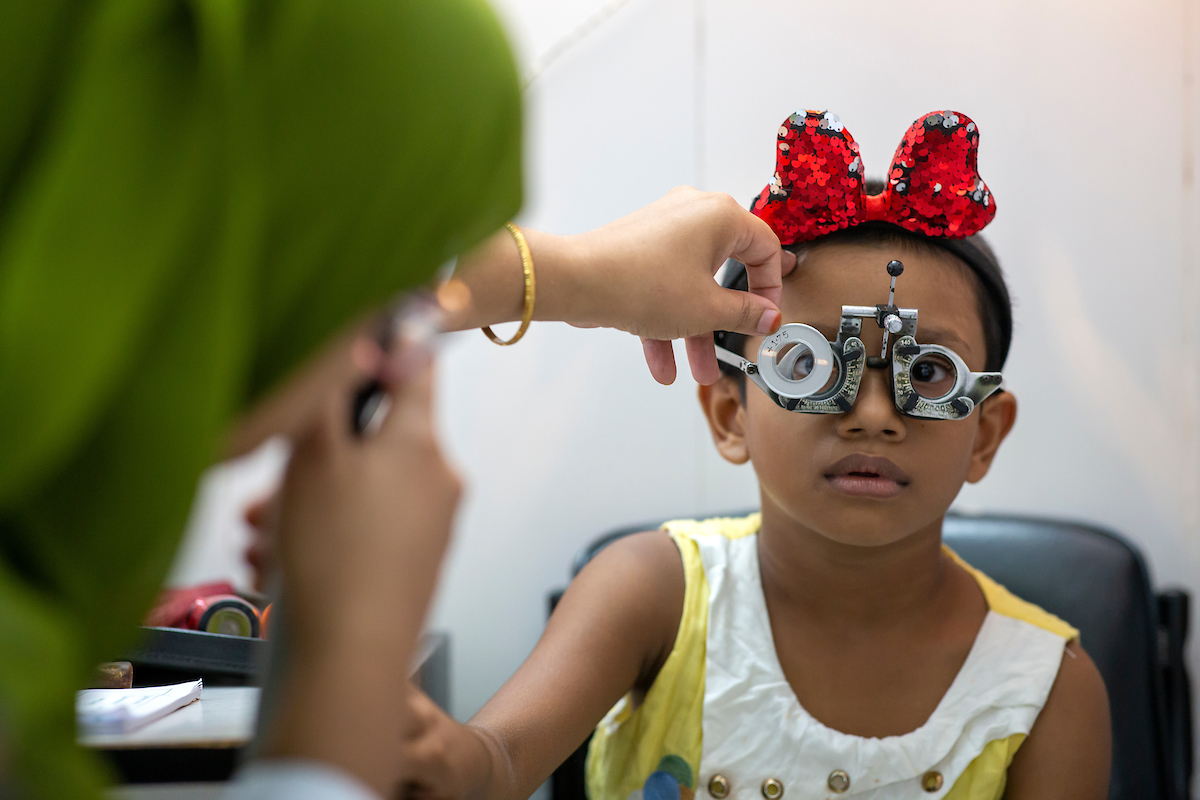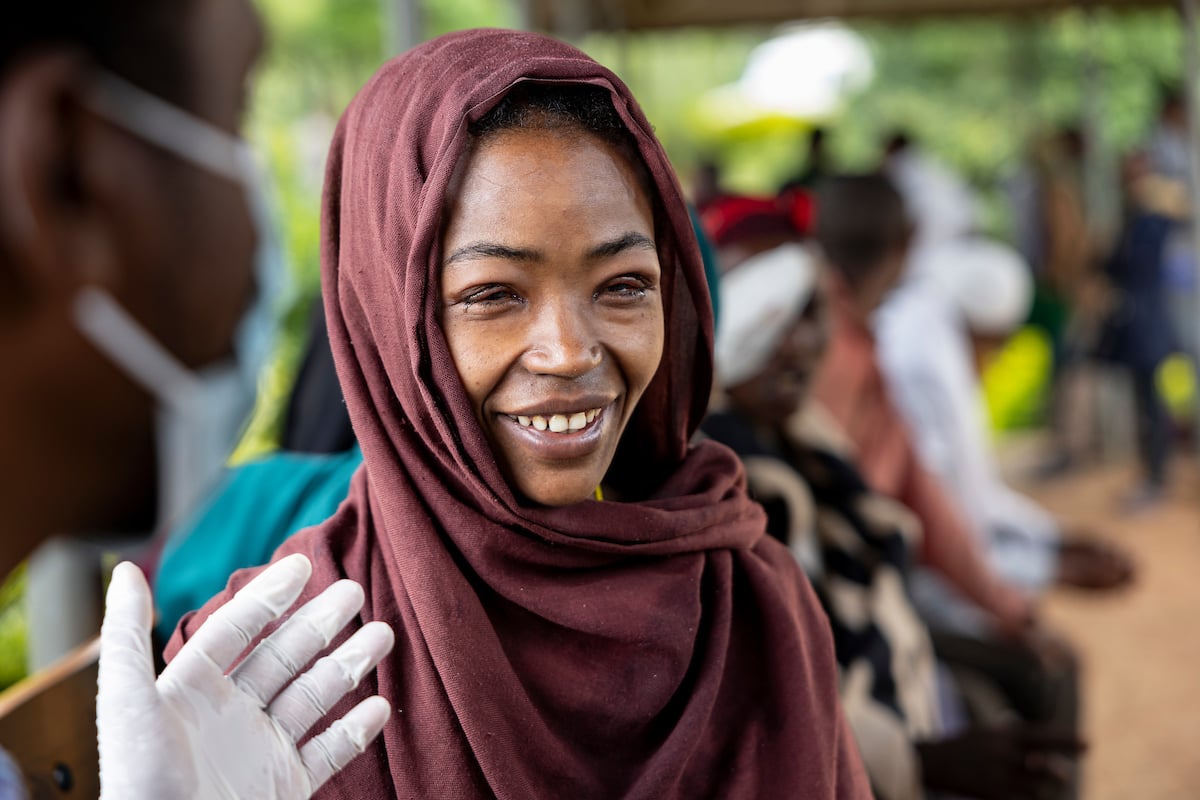
Trachoma made every blink agony for Semira
Millions Of People Are At Risk Of Permanent Blindness From Trachoma
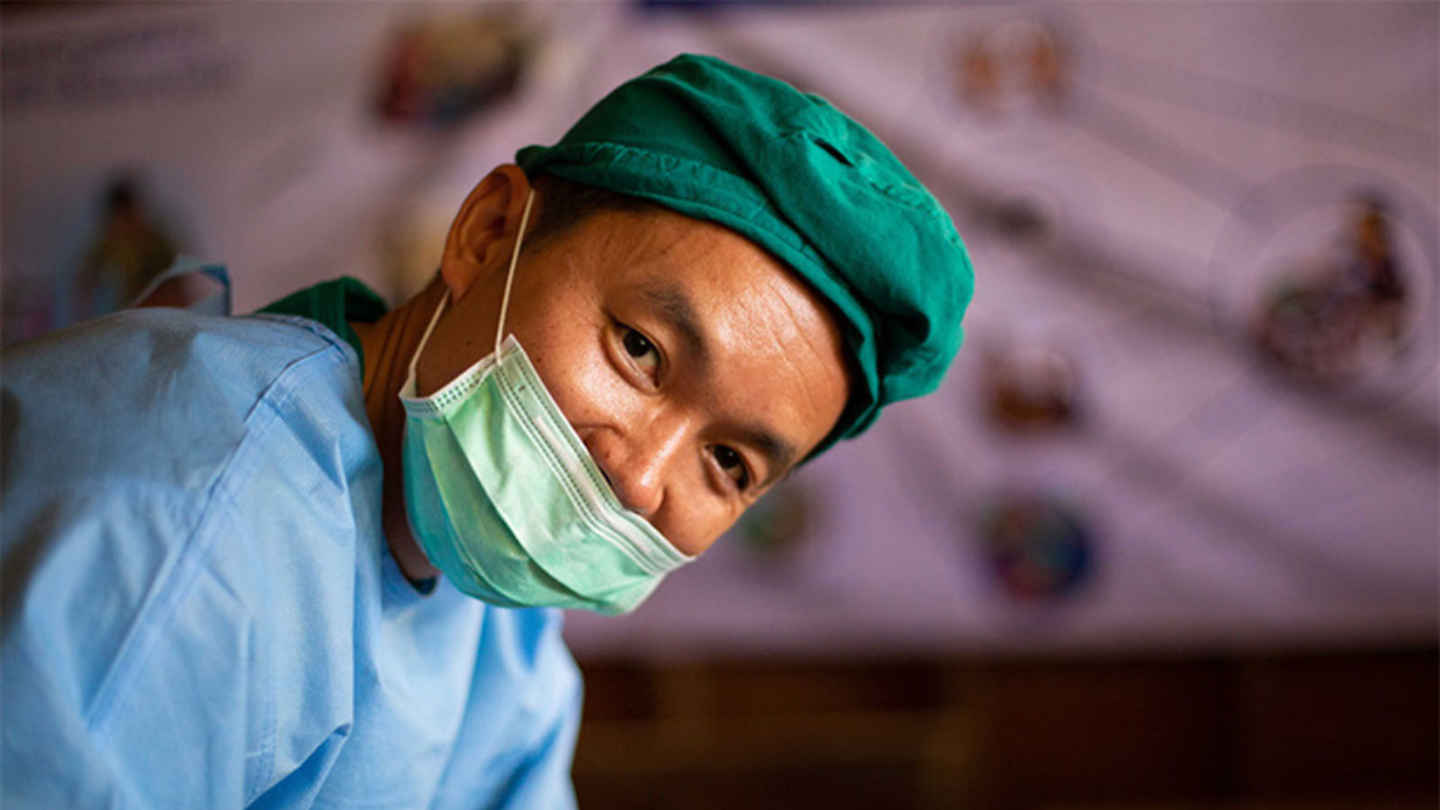
Return on vision: Why eye health delivers one of the highest ROIs in global development
Keeping ROI in sight with global eye health
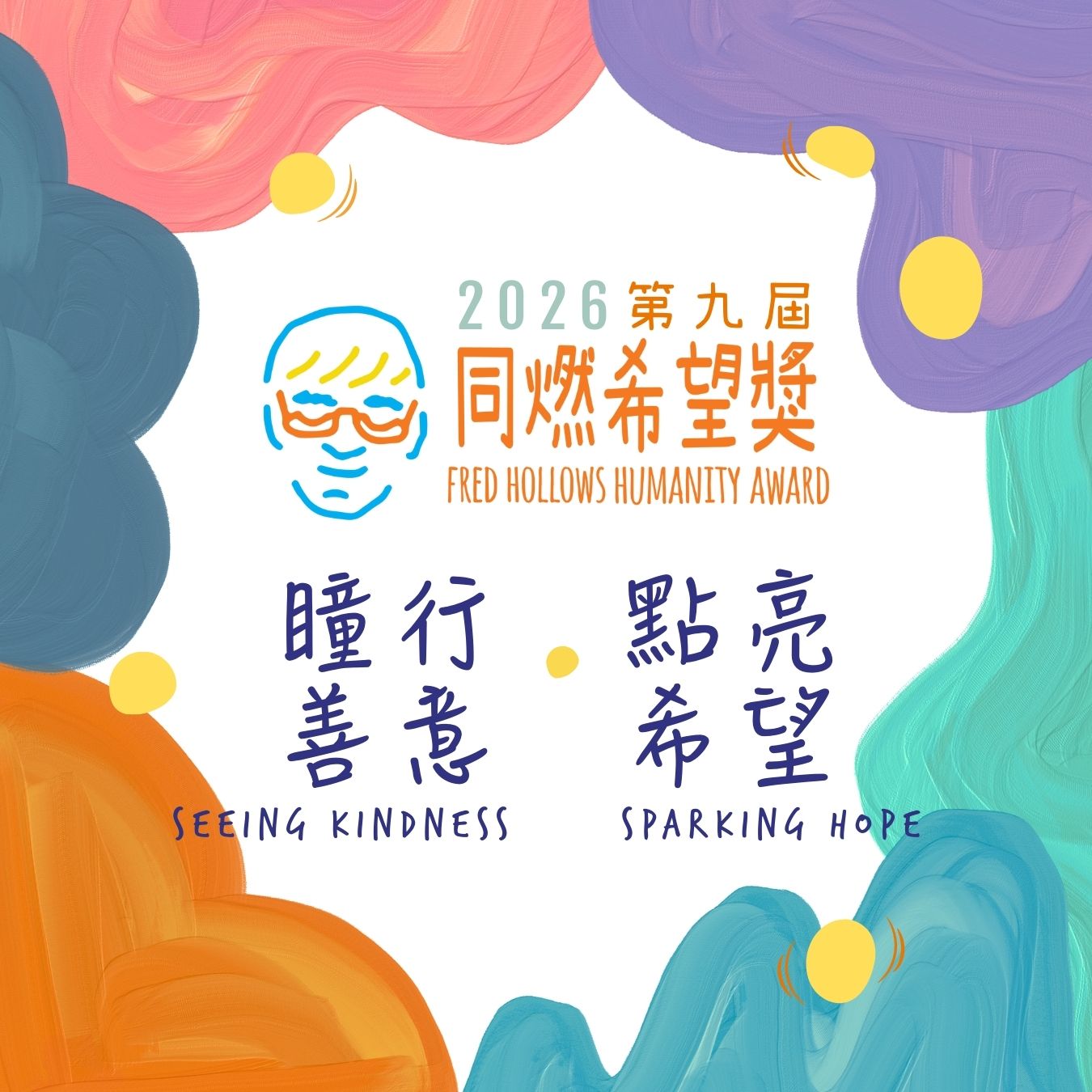
Applications Open for the Humanity Award 2026
In 2026, the Humanity Award is themed “Seeing Kindness · Sparking Hope.” The theme encourages children to look closely at the needs around them — to “see” with empathy — and turn their kindness into genuine actions that bring hope and positive change to others.
We see a world in which no person is needlessly blind or vision impaired. In 2024, our global impact was profound:
8,102,299
People screened.
562,213
Eye operations and treatments performed.
16,548,100
People treated with antibiotics for trachoma.
178,638
Pairs of glasses distributed.
66,852
People trained including community health workers, teachers, and surgeons.
3,697,621
School children and community members educated in eye health and sanitation.
1,084
Medical facilities, training centres and schools built, renovated or equipped.
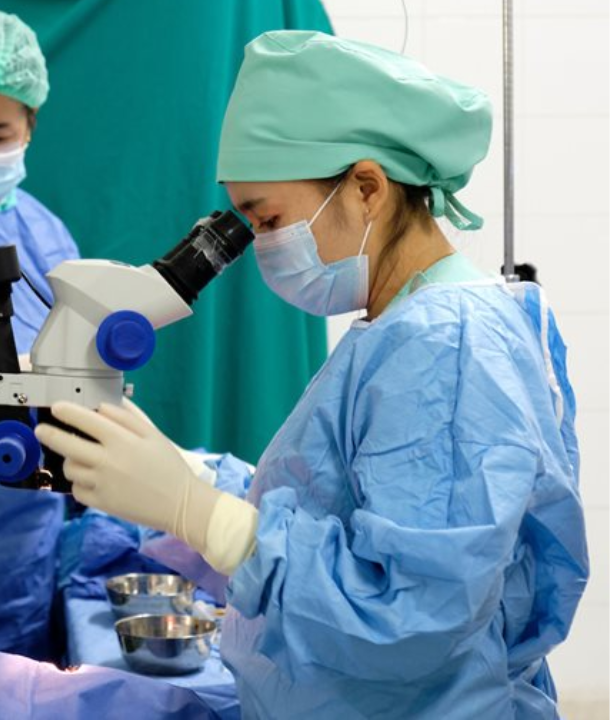
WHAT IMPACT CAN YOUR DONATION BRING?
Blindness and vision impairment is a health issue, and related to a person's well-being, quality of life and development opportunities. The Fred Hollows Foundation believes that a fly-in-fly-out model is not the best way to develop a place’s eye health care. Our vision is to build sustainable, good quality and affordable eye care in remote areas of the world.
Your donation will be used to:
- Train surgeons or eye health workers
- Provide medical equipment
- Organise eye screening camps in remote areas
- Raise awareness of eye health to the public
- Invest in innovation and research
